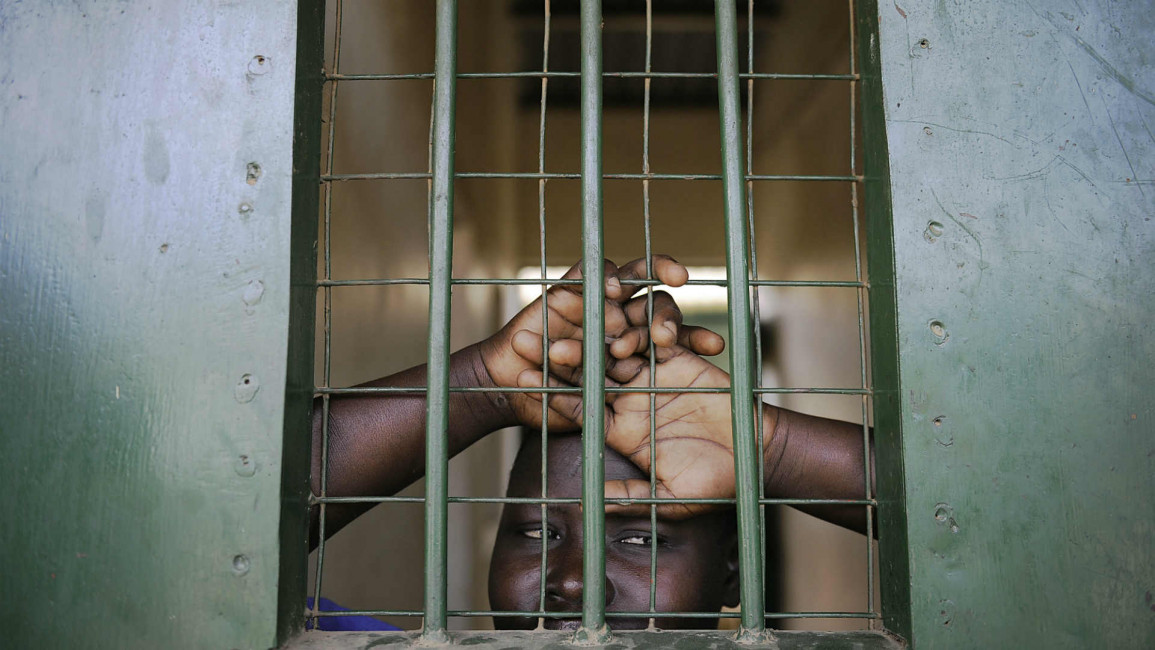South Sudan inmates seize control of prison protesting 'dire' conditions
A detained officer of the National Security Service (NSS) overpowered a guard at the entrance of the Blue House compound and disarmed him in overnight, the NSS said in a statement.
After opening the prison gate by firing shots at the locks, Captain Keribino Wol then "mobilised" 15 detainees and "took over one part of the prison" where he forced several inmates to form a human shield to protect him from NSS officers, according to the statement.
The detainees have seized 32 guns and knives, the NSS said, adding that it was seeking "to disarm (Keribino) peacefully for the safety of the other prisoners".
The jail is part of the headquarters of the NSS. The prison has repeatedly drawn condemnation from human rights organisations over the alleged illegal detention of prisoners, torture and suspicious deaths.
Amnesty International called on South Sudan's officials to curb the violent outbreak, while condemning the lack of due process at the prison facility, also known as Blue House.
"South Sudanese authorities should urgently de-escalate the situation at the notorious Blue House detention facility, where prolonged incommunicado detention, torture and deaths in custody are rife," said Sarah Jackson, Amnesty's Deputy Regional Director for East Africa, the Horn and the Great Lakes.
Twitter Post
|
Jackson called for independent observers to be allowed into the prison to ensure the rights of its inmates, and demanded reform in the country's prison system.
"The Blue House revolt points to deep problems within South Sudan’s justice system. President Salva Kiir should keep his promise to release detainees unless they are charged with a recognizable criminal offence. Concerted action is needed to improve the dire conditions in detention."
South Sudan, the world's youngest nation, broke away from Sudan in 2011 after a long and bloody independence struggle.
But just two years later, fresh conflict broke out when President Salva Kiir accused rebel leader Riek Machar of plotting a coup.
The civil war has killed more than 380,000 people and triggered one of the world's worst humanitarian crises.
Last month, Kiir and Machar signed a peace deal in an attempt to end the unrest, which is often fought along tribal lines and characterised by massacres of civilians, rape and looting.
But international observers remain sceptical of the agreement, saying that entrenched distrust between the two men was likely to hamper peace efforts.

![Morocco Israel [Getty] Morocco Israel [Getty]](/sites/default/files/styles/image_330x185/public/media/images/AE22E2B5-5046-42CE-AA20-F9869E5A1E9B.jpg?h=d1cb525d&itok=9YeA_Yk1)

